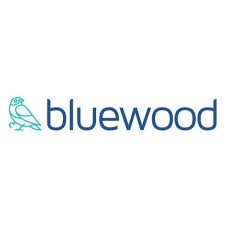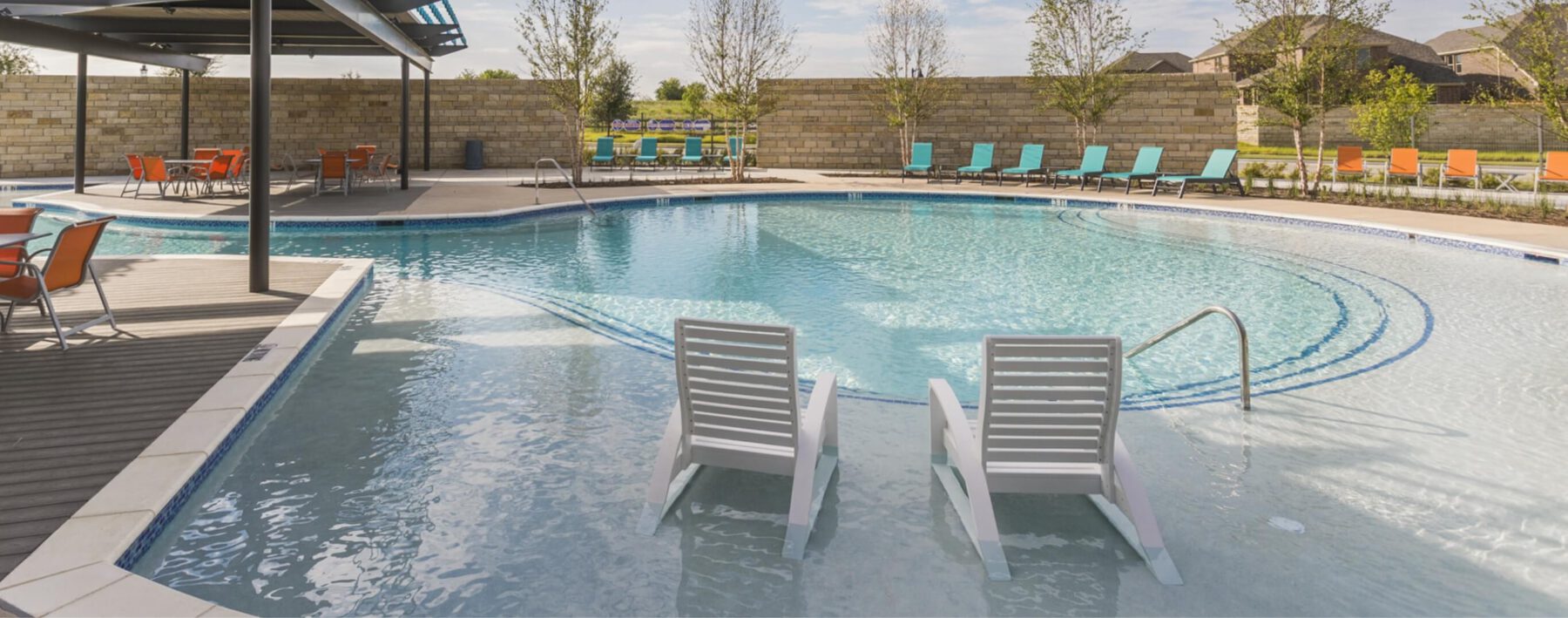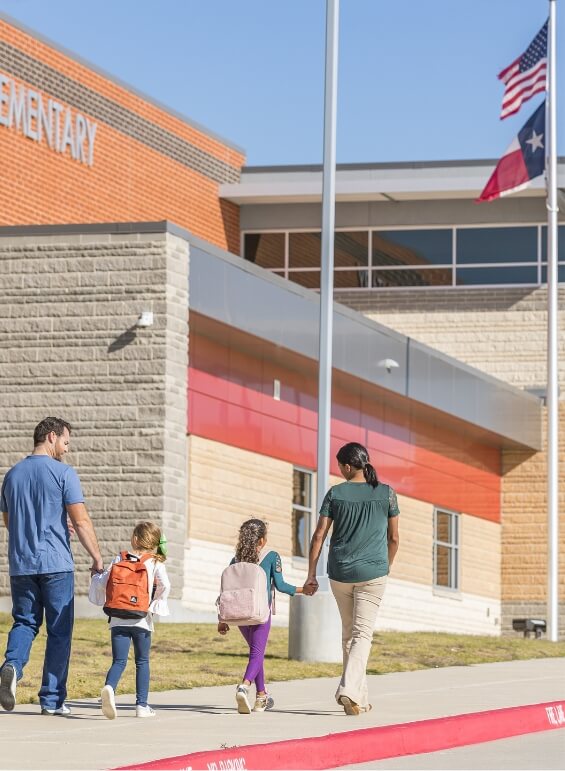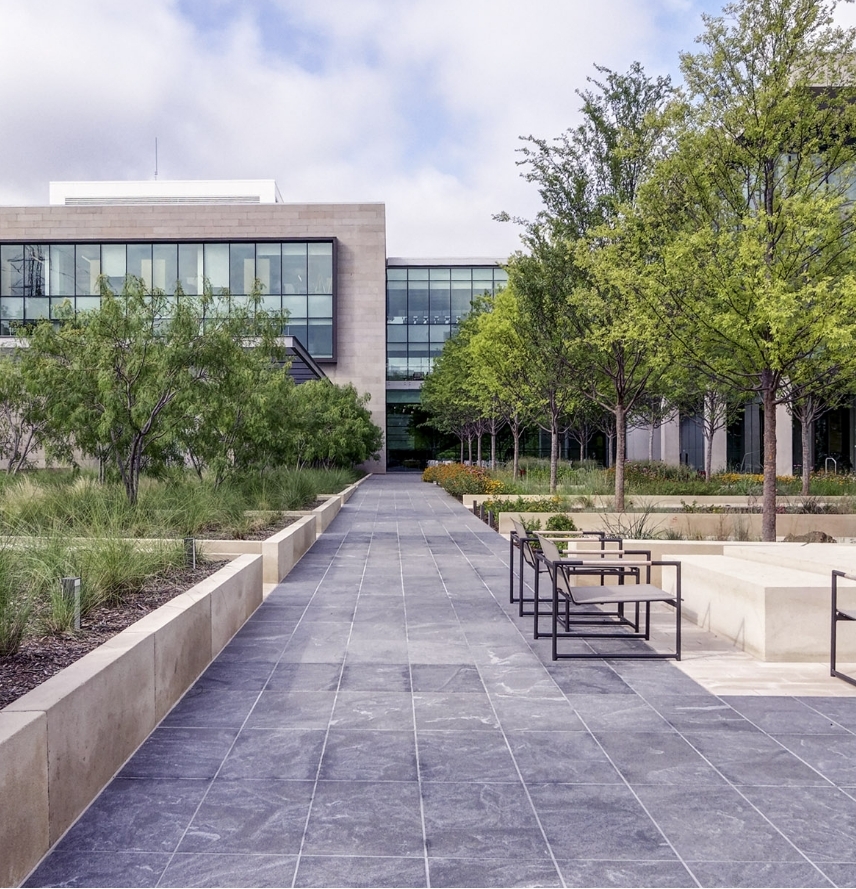

Bluewood
Coming to life in the City of Celina, with its convenient location and acclaimed school district, Bluewood was purposefully designed as a walkable community. A place where tree-lined streets, short residential blocks and miles of paths offer easy access to abundant greenways and parks. And where exceptional amenities, including an on-site elementary school and a resort-style pool, allow residents to enjoy a community without compromise.








